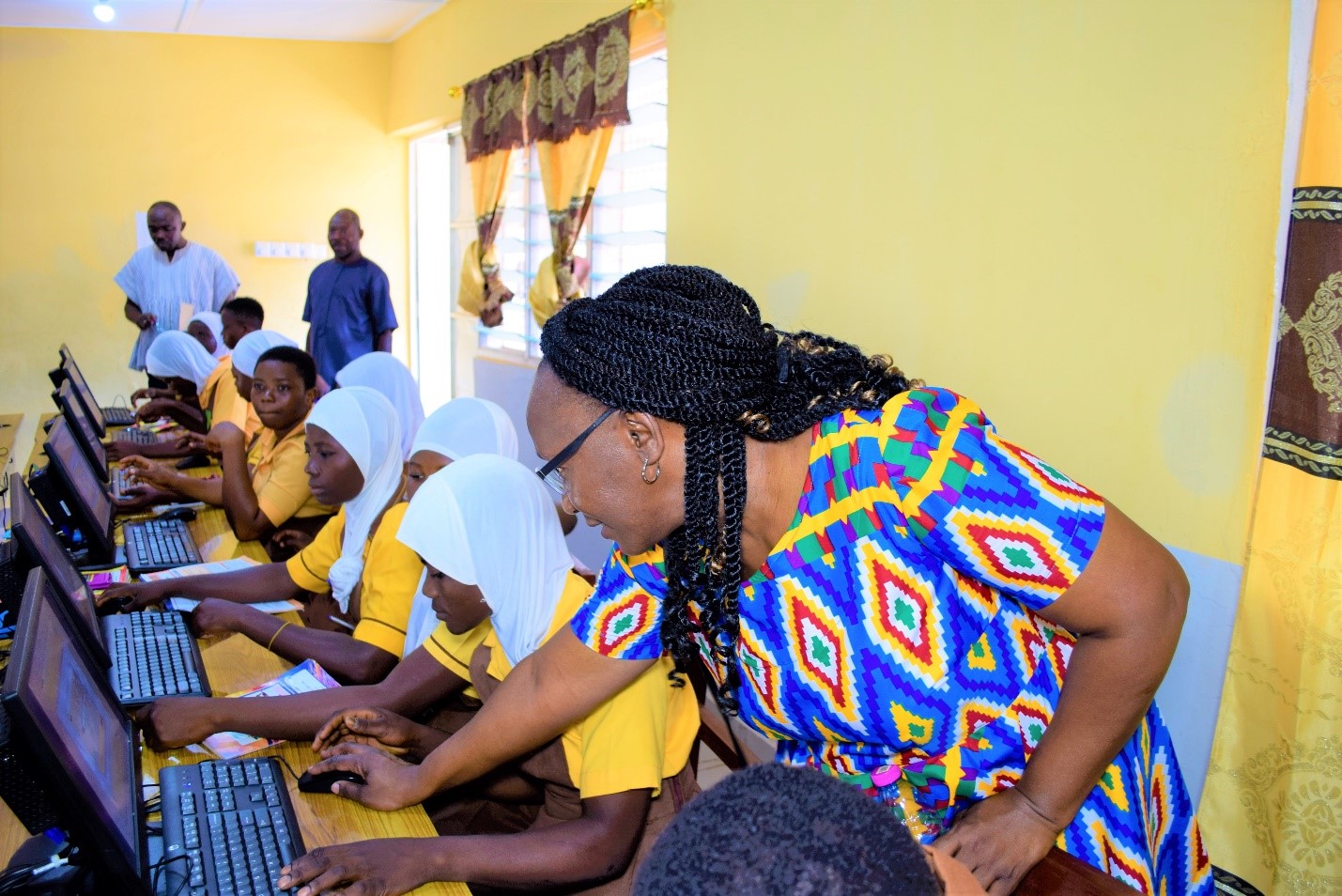
Teachers are critical to any education system. If education is to play its role as the primary agent of transformation for sustainable development, countries need teachers who will help prepare learners to be involved in this transformation. However, there is still a serious deficit of teachers across the Commonwealth.
Apart from teacher numbers, many governments, especially in Sub-Saharan Africa and some parts of Asia, are faced with the growing problem of low learner achievement and poor-quality education. Teachers contend with heavy teaching loads, along with the pressure to expand their subject knowledge and improve their instructional practice to cope with the demands of the 21st century classroom. Campus-based teacher training has not been able to meet the scale of need in teacher numbers and teacher quality.
“Educational authorities should cooperate with teacher training institutes to enhance training and tools that reinforce teachers’ capacity for pedagogical innovation, including digital literacy, ICT and child-centred teaching skills.” (Teacher Task Force, 2019)
COL has responded by working with teacher education institutions (TEIs) in member countries to enable them to deliver and monitor quality learning opportunities for sustainable development, through technology-enabled school-based teacher development (SBTD) as well as capacity strengthening for pre-service teacher training. The COVID-19 pandemic has made it necessary for COL to re-focus on evolving teacher training models for resilient educational ecosystems.
Under its ‘Teacher Futures’ programme, COL supports capacity-building and resource development using modern technologies, including eLearning and microlearning, to improve teacher educator capacity, teacher quality and learner experience. The programme also promotes peer collaboration among teacher educators and teachers through networked learning and Communities of Practice (CoPs).
COL supports TEIs and ministries of education to:
- Develop technology-enabled teacher upgrading programmes and quality learning resources, including OERs, for school-based teacher development
- Expand teacher pedagogical knowledge and instructional practice through short standalone courses; support pedagogies for problem solving, collaborative learning and other learner-centred approaches
- Evolve CoPs for peer learning within and across participating countries; build the capacity of teacher educators in teacher mentorship and CoP management
- Support the development of guidelines and policy models for effective teacher development
- Support evidence building through research in open and distance learning and technology-enabled learning for teacher development
‘Teacher Futures’ is currently at various stages of implementation in The Gambia, Ghana, Jamaica, Kenya, Kiribati, Sierra Leone, South Africa, Sri Lanka and Uganda with requests coming from other countries.
Available at: Brochure


